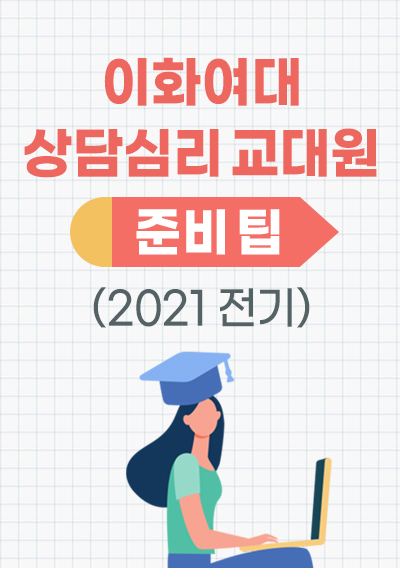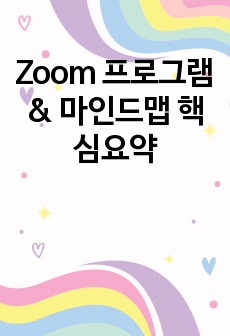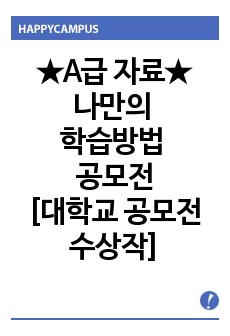여대생의 단맛 인지도에 따른 식행동 및 간식류를 통한 당류 섭취량 평가
(주)코리아스칼라
- 최초 등록일
- 2016.08.09
- 최종 저작일
- 2016.04
- 8페이지/
 어도비 PDF
어도비 PDF
- 가격 4,000원

* 본 문서는 배포용으로 복사 및 편집이 불가합니다.
서지정보
ㆍ발행기관 : 한국식품영양학회
ㆍ수록지정보 : 한국식품영양학회지 / 29권 / 2호
ㆍ저자명 : 김미현, 배윤정, 연지영
영어 초록
Increasing sugar intake of population has become a nutritional issue in Korea. Sweet taste perception may be related to behaviors such as eating sweet food including high sugars and total sugar intake. This study aimed to evaluate objective and subjective sweet taste perception and the association among objective sweet taste perception, dietary behaviors related to eating sweet snack food including high sugar, and total sugar intake from the snacks. Participants were 261 healthy female college students (mean age: 21.0±1.6 years), who were divided into three subgroups based on oral sweet taste evaluation using a sweet taste assessment tool provided by Ministry of Food and Drug Safety: sweet-seeker group (n=139), medium sweet-seeker group (n=54), and unsweet-seeker group (n=68). There was no significant difference in weight and body mass index (BMI) among the three groups; however, the sweet-seeker group had significantly higher sweet taste preference than that of the other groups. Though more people in the sweet-seeker group thought they tended to eat sweet foods than the medium sweet-seeker and unsweet-seeker groups, over half of the sweet-seekers did not think they tended to eat sweet foods. The sweet-seeker group was more likely to eat sweet snacks such as breads, chocolate products, sugar-sweetened milk, and so on than the unsweet-seeker group. Total sugar intake from the selected sweet snacks was 44.4 g for the sweet-seeker group, 34.4 g for the medium sweet-seeker group, and 28.0 g for the unsweet-seeker group with a significant difference. These results indicated the absence of relationship between objective sweet taste perception and the obesity index; however, significant associations were detected among objective sweet taste perception, eating sweet snacks and total sugar intake from the snacks. We also found high disagreement between objective and subjective sweet taste perception of the subjects. The present study provided the novel insight that measuring objective sweet taste perception may be useful for assessing the risk of high sugar consumption and undesirable dietary behaviors.
참고 자료
없음
"한국식품영양학회지"의 다른 논문
더보기 (5/10)




